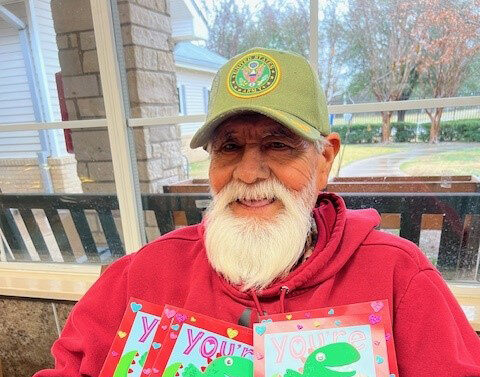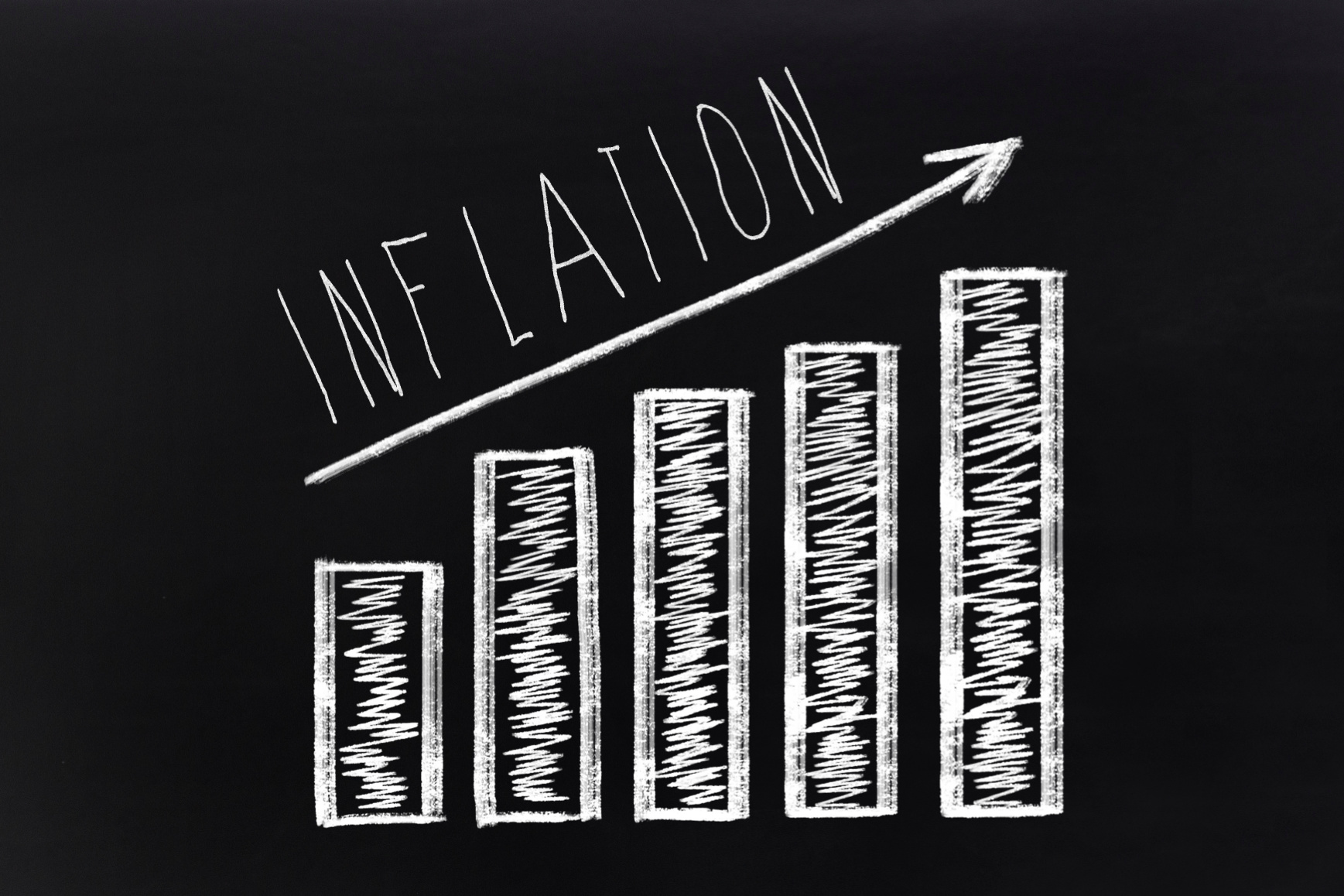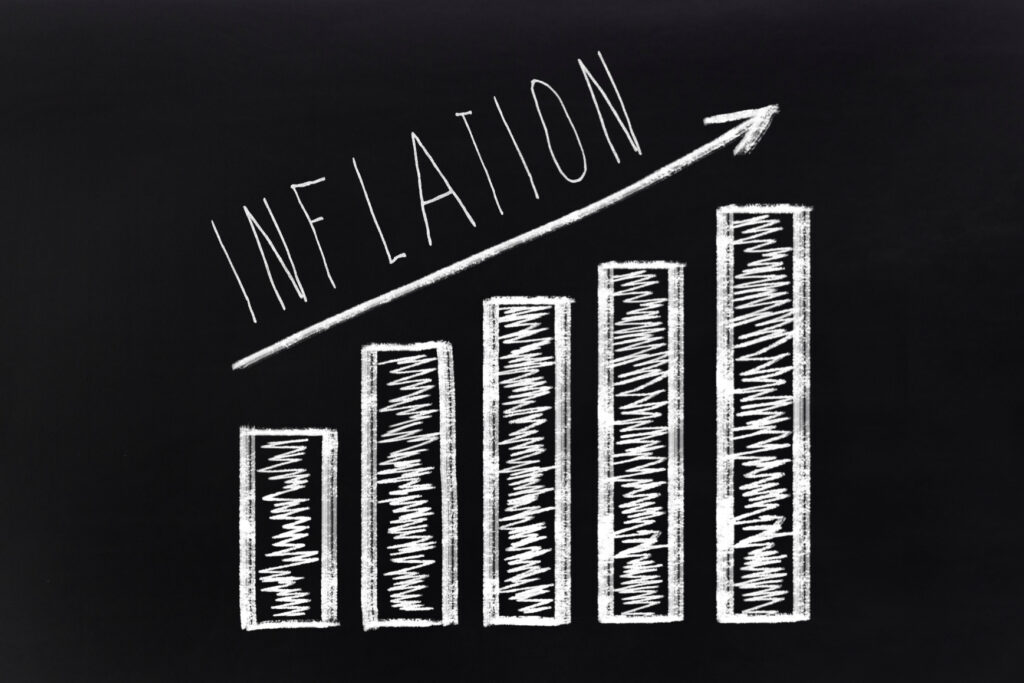Clash of Ideals: The Ongoing Debate Between Democracy and Socialism

In recent years, there has been growing concern that today’s youth may not be fully taught the historical lessons of socialism and its global consequences. Older generations who lived through the Cold War and witnessed the fall of the Berlin Wall, remember the stark differences between East and West Germany—differences that highlighted the economic and political failures of socialist regimes. President Ronald Reagan’s famous plea, “Mr. Gorbachev, tear down this wall,” was a symbolic moment in the global challenge between different political and economic systems.
Fast forward to today, and some argue that these lessons are fading from memory. Countries like North Korea, Russia, and China continue to operate under regimes that restrict freedoms, yet the cautionary tales about the dangers of socialism are not often emphasized. There’s growing concern that young generations may be unaware of the challenges posed by these ideologies.
However, it’s important to recognize that not everyone sees socialism in the same light. For many, socialism represents a vision of greater equality, where wealth is redistributed to ensure the basic needs like healthcare, education, and housing are accessible to all citizens.
Proponents argue that it provides a corrective to the excesses of capitalism, which they believe can lead to economic inequality, corporate dominance, and limited access to essential services for the less fortunate. Supporters point to countries like those in Scandinavia, which have successfully combined democratic governance with strong social safety nets to create societies that prioritize both individual rights and collective well-being. From this perspective, socialism is seen as a way to create a more just and fair society, where the focus is on the common good.
Daniel Di Martino, founder of the Dissident Project, offers a different perspective, drawing from his experiences growing up under a socialist regime in Venezuela. He left Venezuela for the United States in 2016 after watching his once-prosperous country fall into poverty. “My country went from being one of the richest countries in the world to the poorest, after being taken over by a socialist regime in 1999, the year I was born,” Di Martino explained to Think American News. He describes the hardships of daily life in Venezuela, including power outages, food shortages, and restricted access to basic goods.
Di Martino’s Dissident Project, launched in 2022, brings speakers from socialist and authoritarian regimes to middle and high schools across the United States. Its goal is to offer students firsthand accounts of life under these systems and to help them understand the value of the freedoms they might take for granted. “We send them to high schools at no cost to any school, as long as they are middle schools or high schools, to speak and tell their stories so that American kids can learn to appreciate their freedoms from those who grew up without those freedoms,” Di Martino says.
The Dissident Project now includes speakers from countries like North Korea, China, Iran, and Russia, each sharing personal stories of the challenges they faced under restrictive regimes. Through these efforts, Di Martino hopes to educate younger generations about the potential dangers of socialism and to preserve the freedoms that are central to American society.
“If we don’t tell our stories as people who came to this country seeking freedom, we will be condemned to repeat history,” he says. It’s not only our right to educate others about our history and freedoms, but it is our duty as people who want to preserve our freedom in this country.”
RECENT










BE THE FIRST TO KNOW
More Content By
Think American News Staff











